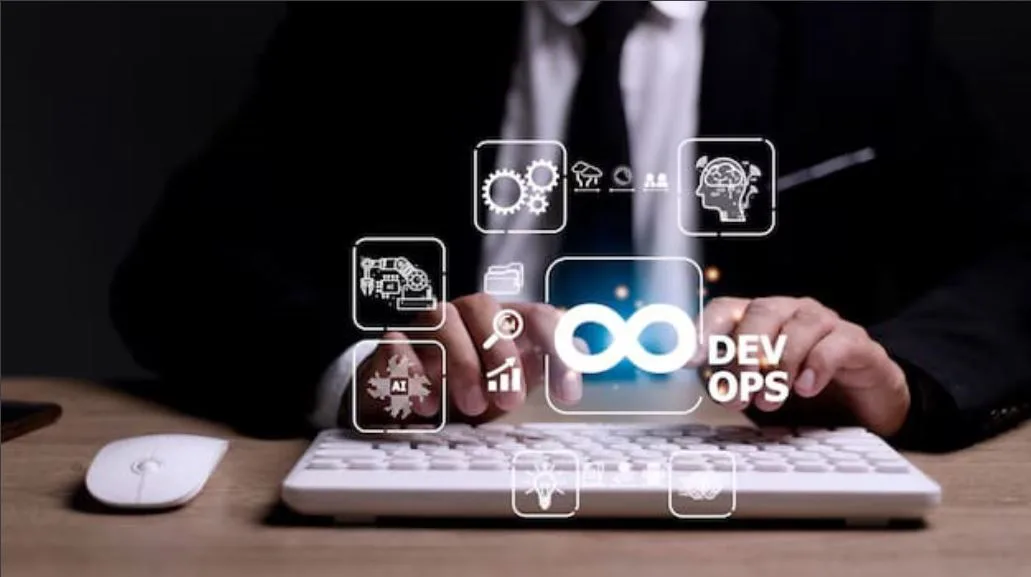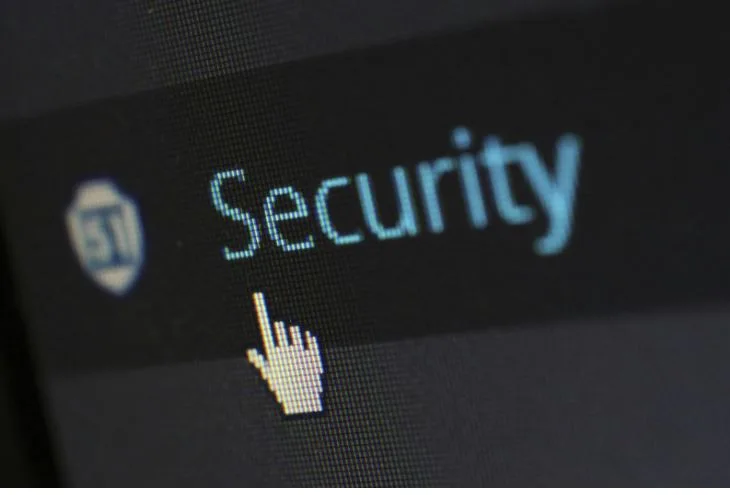DevSecOps Security Assessment vs. Traditional Security Testing: What’s the Difference?
“Security is no longer a checkpoint. It’s a continuous journey.”
This single shift in mindset has changed how organizations build and protect their applications. While traditional security testing once ruled as the standard for safeguarding systems, it now struggles to keep up with modern development practices. The rise of agile, CI/CD, and cloud-native architectures demands a more integrated approach. This is where DevSecOps Security Assessments stand out, weaving security directly into the software lifecycle rather than treating it as an afterthought.
Below, we explore the key differences between DevSecOps Security Assessments and traditional security testing to help you understand why the former is quickly becoming the gold standard.
1. Timing of Security Integration
Traditional security testing acts as a final gatekeeper. Security checks happen after the code has been written, tested for functionality, and prepared for release. This worked when development cycles lasted months or years. It now creates bottlenecks and delays in rapid-release environments.
DevSecOps Security Assessment integrate security from day one. Security checks and risk assessments occur continuously during coding, building, and deployment stages. This early focus means vulnerabilities are detected and fixed sooner, reducing remediation costs and avoiding launch delays.
2. Scope of Assessment
Traditional testing typically focuses on applications at rest or near completion. It emphasizes penetration testing, vulnerability scanning, and compliance checks performed periodically.
DevSecOps Security Assessments cover the entire development pipeline, including source code repositories, build processes, infrastructure as code, and runtime environments. This broader scope uncovers risks that would otherwise remain hidden until after release. It assesses not only the app’s final functionality but also cloud configurations, API integrations, and CI/CD pipelines.
3. Frequency and Automation
Traditional security testing has been largely manual and infrequent. Tests may run quarterly, annually, or only before a major release. Manual testing can yield deep insights but does not scale to modern continuous deployment pipelines.
DevSecOps Security Assessments emphasize automation and continuous monitoring. Tools embedded in the CI/CD process deliver instant feedback on vulnerabilities and configuration flaws. Automated scanning ensures consistent coverage, while security professionals conduct targeted manual reviews where necessary. This hybrid model delivers both speed and depth.
4. Cultural Mindset
Perhaps the most striking difference between these two approaches is cultural. Traditional security testing isolates security within its own team, separate from developers and operations. This creates friction and can delay releases.
DevSecOps flips this model by fostering a shared security culture. Developers, operations staff, and security professionals collaborate continuously. Everyone understands the organization’s security posture, and security becomes part of the team’s DNA instead of a late-stage hurdle.
5. Risk Management and Business Alignment
In a traditional environment, security findings often come too late to influence architecture or design. Remediation becomes costly, and organizations face the risk of deploying vulnerable software or delaying releases.
DevSecOps Security Assessments provide ongoing risk visibility aligned to business priorities. Because security is integrated early, teams make informed decisions about trade-offs, prioritize high-impact risks, and maintain business objectives without sacrificing protection.
6. Compliance and Governance
Traditional testing often frames security as a compliance exercise, focusing on standards such as PCI DSS, HIPAA, or ISO 27001. Compliance is essential but it does not always ensure protection from sophisticated threats.
DevSecOps Security Assessments go beyond compliance to strengthen real-world security. Automated policy checks, secure coding standards, and real-time alerts keep systems compliant while defending against evolving attack vectors. This dual focus improves regulatory readiness and overall resilience.
7. Cost Efficiency and Remediation Speed
One of the strongest cases for DevSecOps Security Assessments is cost. Studies show that fixing a vulnerability in production can cost 10 to 30 times more than addressing it during development. Traditional testing, which surfaces issues late in the lifecycle, inflates remediation costs.
DevSecOps identifies and fixes vulnerabilities at the earliest possible stage. This proactive approach reduces costs, minimizes disruption to delivery schedules, and speeds up releases while improving security ROI.
8. Evolving Threat Landscape
Attackers today use automation, artificial intelligence, and sophisticated supply chain tactics. Traditional testing may miss these evolving threats due to its static, point-in-time nature.
DevSecOps Security Assessments, with their continuous monitoring and pipeline integration, provide a dynamic defense model. Constant analysis of code, infrastructure, and dependencies allows teams to adapt their defenses to new tactics and attack methods.
Key Takeaways
Traditional Security Testing: Point-in-time, post-development, limited scope, manual-heavy, siloed teams.
DevSecOps Security Assessments: Continuous, integrated, pipeline-wide, automated plus manual, collaborative culture.
Organizations that want to stay secure in a fast-moving digital world must go beyond the limitations of traditional testing. By adopting DevSecOps Security Assessments, they can proactively secure applications, infrastructure, and workflows while keeping innovation on track.
About White Knight Labs
White Knight Labs is a leading cybersecurity company specializing in proactive security solutions. With deep expertise in DevSecOps Security Assessments, mobile app penetration testing, and cloud security, the team helps organizations identify and remediate vulnerabilities before attackers can exploit them. By combining advanced tools with hands-on expertise, White Knight Labs empowers businesses to build secure, resilient systems without slowing down innovation.






